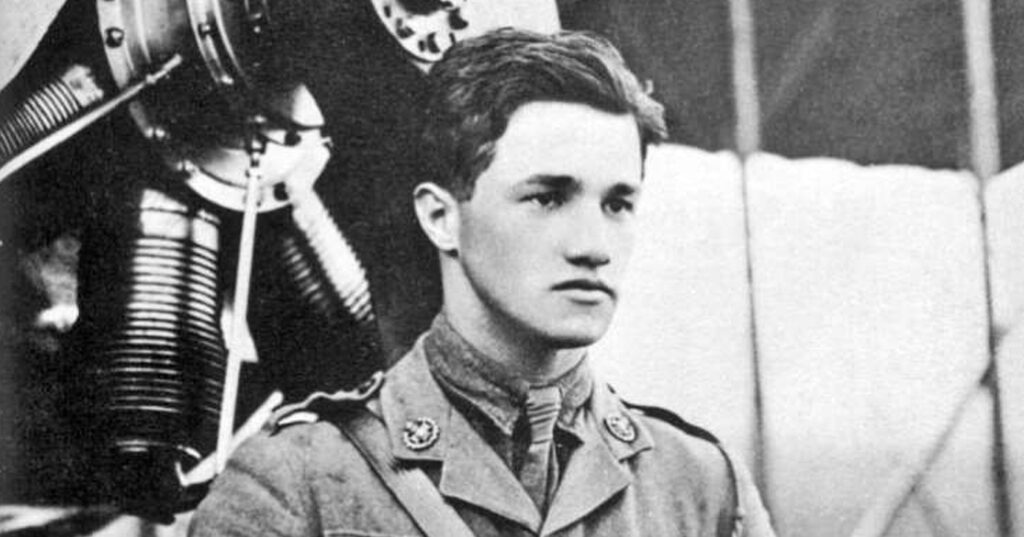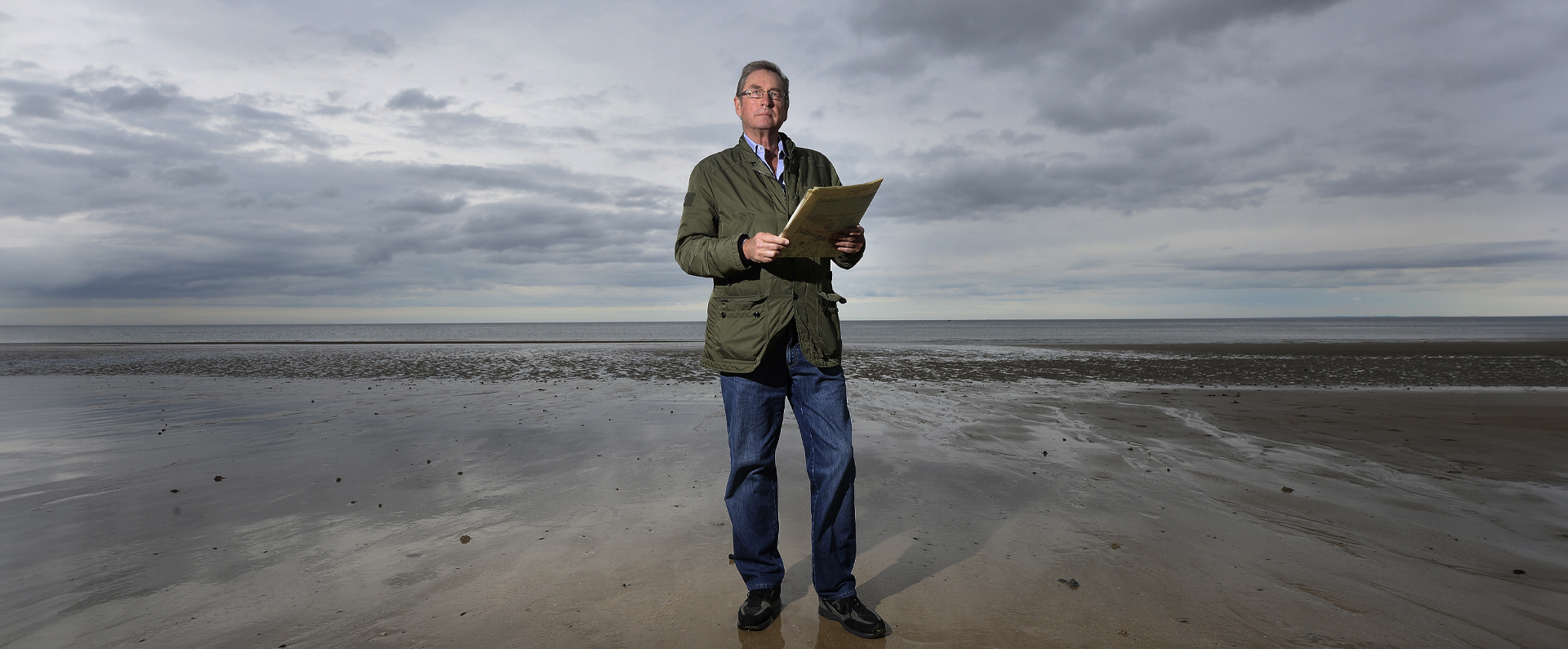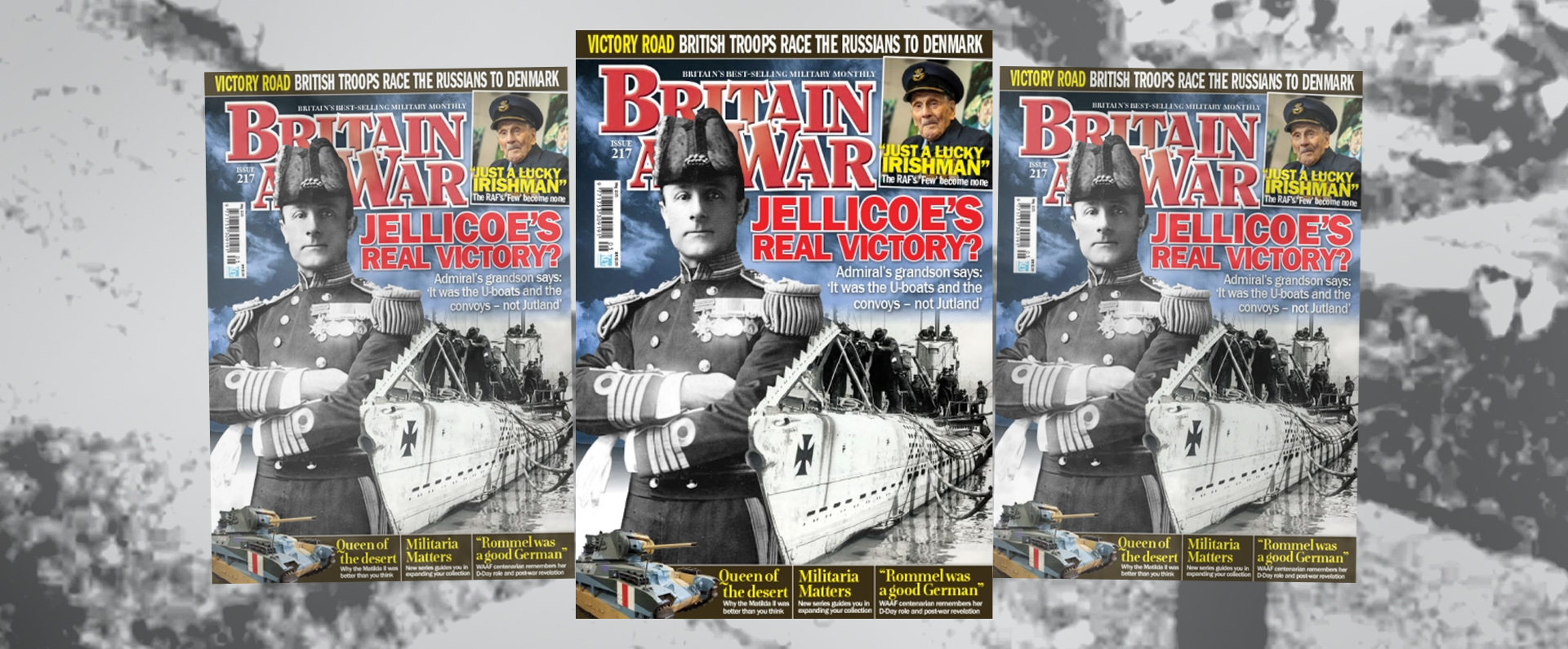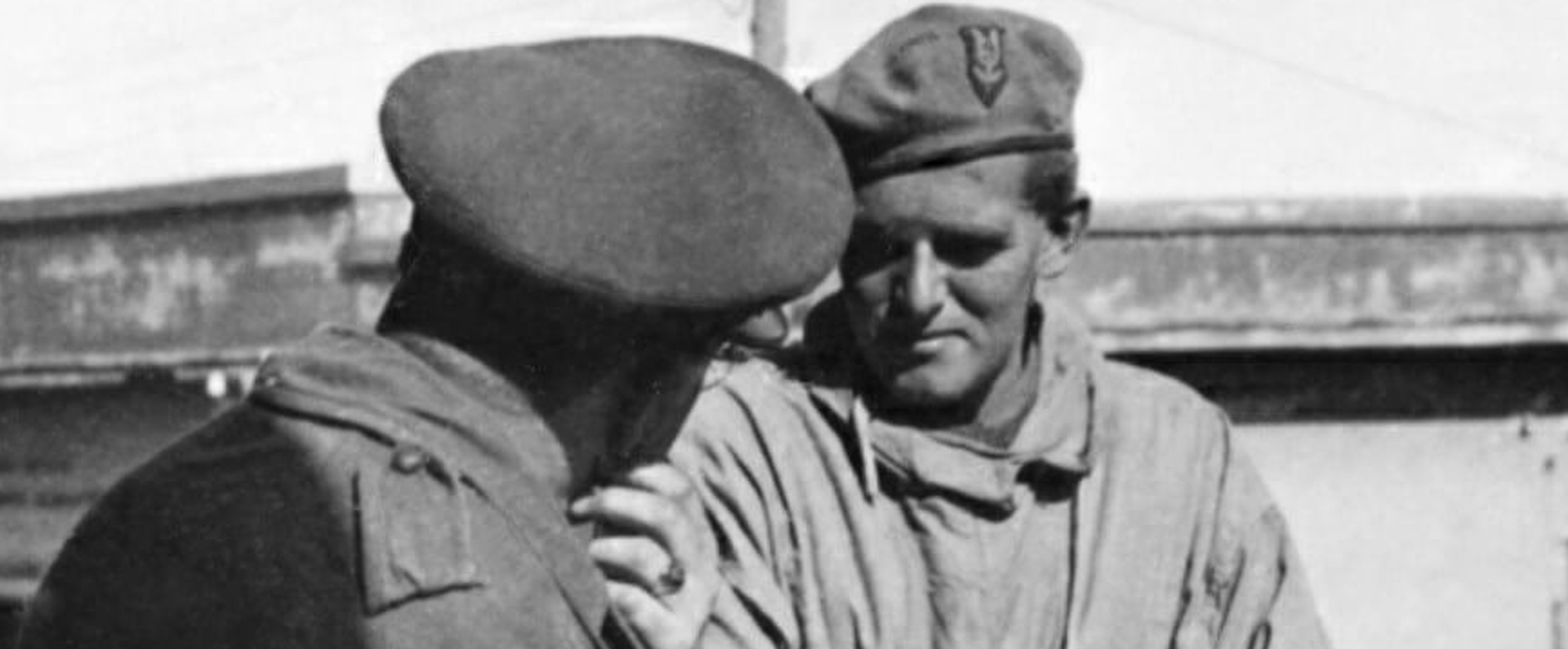
Published in The Sunday Telegraph on 23 June 2014.
Temporary Captain Albert Ball
A newly republished book celebrates Britain’s famous First World War fighter ace, who was hailed by both the nation and his enemy, the Red Baron.
He was handsome, dashing, modest and Britain’s first celebrity fighter pilot. He was the first man in the Great War to be awarded three Distinguished Service Orders (DSOs) and, within just a year, had amassed 44 confirmed “kills”, with another 25 unconfirmed.
At the time of his premature death, Albert Ball was his country’s leading ace and he was particularly popular with the public because of his “lone wolf” style of combat flying, often stalking his prey from below. A posthumous Victoria Cross (VC) followed within a month of him being killed.
In the skies, Ball won the admiration of the greatest German fighter pilot of all time – Manfred von Richthofen, the “Red Baron” – and, on some occasions, took on up to six enemy pilots alone at any one time.
Despite his repeated and outstanding bravery, Ball, a regular churchgoer, did not have so much as a hint of malice, always feeling sympathy for the German pilots he shot down because he knew that, like him, they were just following orders in the service of their country.
Now, to mark the 100th anniversary of the start of the First World War, a fascinating and little-known biography of Ball is being republished this week. Britain’s Forgotten Fighter Ace: Captain Albert Ball VC tells the story of a remarkable man who, on top of his VC and three DSOs, was also awarded the Military Cross.
Fortunately for posterity, Ball was a man of letters, too, and the correspondence he had with his parents has been preserved, so historians and others have been left with a fascinating insight into his thoughtful mind and the values of the day.
David Lloyd George, the Liberal prime minister, wrote a short tribute at the beginning of the original book that read: “This war has revealed many stirring examples of heroic simplicity, but seldom have I come across so fine a spirit of devotion to freedom, home and country as is reflected in Captain Ball’s letters to his family. In all his fighting record there is no trace of resentment, revenge or cruelty.
“What he says in one of his letters, ‘I hate this game, but it is the only thing one must do just now’, represents, I believe, the conviction of those vast armies who, realising what is at stake, have risked all and endured all that liberty may be saved.
“I am sure nobody can read these letters without feeling that it is men like Captain Ball who are the true soldiers of British democracy. It is their spirit of fearless activity for the right, in their daily work, which will lead us through victory into a new world in which tyranny and oppression will have no part.”
Albert Ball was born on August 14 1896 in Lenton Boulevard, Nottingham. One of three children, he was the son of Alderman (later Sir) Albert Ball, a justice of the peace and the mayor (later lord mayor) of Nottingham. After being educated in Nottinghamshire and Lincolnshire, Ball, aged just 17 and helped by his father, set up his own electrical engineering firm.
In September 1914, shortly after the outbreak of the First World War, Ball enlisted in the Notts and Derby Regiment (the Sherwood Foresters) and was soon commissioned as a lieutenant. However, he started taking private flying lessons and, after transferring to the Royal Flying Corps (the forerunner to the RAF), gained his pilot’s wings in January 1916.
From February, Ball initially flew reconnaissance missions with No 13 Squadron in France and survived being shot down by anti-aircraft fire. However, in May 1916, he was posted to No 11 Squadron, a fighter unit. Unhappy with the hygiene levels in his billet, he lived first in a tent and then in a hut that he had built, even cultivating a garden around it. His great passion was playing his violin, but he also acted as his own aircraft mechanic.
Ball’s first victory came in May when his victim was a German reconnaissance aircraft, and soon he was claiming up to three kills a day. He marked his 20th birthday in August 1916 with promotion to acting captain and, in the same month, transferred to No 60 Squadron. By the end of the month, he had 17 kills and was the first pilot to become a household name, being mobbed on the streets of Nottingham when he returned home on leave.
However, Captain Ball was a principled young man with no fondness for war and its consequences. He took no pleasure from killing enemy pilots; as he put it so succinctly in a letter to his mother: “I only scrap because it is my duty, but I do not think anything bad about the Hun… Nothing makes me feel more rotten than to see them go down, but you see it is either them or me, so I must do my best to make it a case of them.”
Time and again, Captain Ball climbed into the cockpit of his aircraft, sometimes several times a day, out of a sense of duty, and to serve his country and fight for wider freedoms.
When poor weather prevented pilots from flying, many felt relieved that they did not have to risk their lives confronting the enemy in the skies. It says a great deal about Captain Ball that he wrote to his father about his “rotten luck” when strong winds prevented him from flying in combat. “No flying, so this is one day wasted,” he lamented. “However, I think it will be right tomorrow.” Time and again, too, Captain Ball landed his damaged aircraft and was immediately looking for another plane so that he could tackle the enemy as soon as possible.
On September 26 1916, Ball was awarded the DSO and Bar simultaneously, the first two of his five gallantry awards. In the final months of 1916 and into the spring of 1917, his number of kills mounted until, by early May, he had 44 confirmed and 25 unconfirmed.
After his final victory on May 6, he wrote, in his last letter to his father: “I do get tired of always living to kill, and am really beginning to feel like a murderer. Shall be so pleased when I have finished.” On the evening of the next day, May 7, Ball was involved in a dogfight in poor weather near Douai, France, with pilots, including Lothar von Richthofen, the brother of the Red Baron. Ball pursued von Richthofen, apparently puncturing his fuel tank and forcing him to land.
However, either von Richthofen or another German fighter pilot had shot down Ball’s aircraft or, more likely, he had become disorientated during his combat. The result, however, was that his plane, an SE5, crashed to the ground and Ball was killed (although for some time, with no proof of his death, he was listed as missing).
His posthumous VC was announced a month later, on June 8, with his citation ending with praise for his “most exceptional courage, determination and skill”. However, perhaps the greatest tribute of all came from Ball’s greatest opponent, the Red Baron, who simply described him as “by far the best English flying man”.
Ball’s parents received his decoration from King George V in an investiture at Buckingham Palace on July 21 1917. Later, his father bought the field in France where his son had died so that he could always visit it.
In fact, a memorial headstone was erected in the field in his honour, although his actual grave is at Annoeullin Communal Cemetery, France. There are countless memorials and other tributes to Ball: he was also awarded the Légion d’honneur by France and Order of St George (4th Class) by Russia. As recently as 2006, he was one of six recipients of the Victoria Cross to be featured in a special commemorative issue of Royal Mail stamps marking the 150th anniversary of the award.
At the request of the publishers, Amberley Publishing, I have written the foreword to the book, which was first published in 1918. Britain’s Forgotten Fighter Ace: Captain Albert Ball VC is informative, entertaining and affectionate in equal measure. As a champion of bravery and owning the world’s largest collection of VCs, I commend the publishers for reminding us all about the short life of one of the finest, and most principled, fighter pilots the world has ever seen.
For more information, visit:



